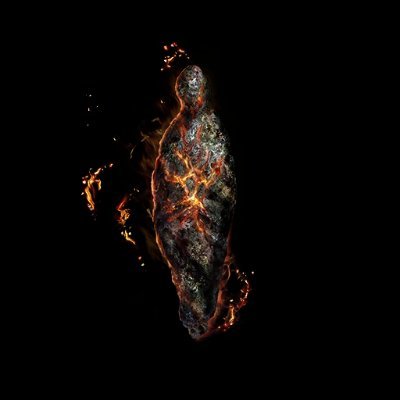- cross-posted to:
- texas
- cross-posted to:
- texas
By Lil Kalish
Emily Bray was supposed to be celebrating on Tuesday morning. After years of trying to change her name and gender marker, the 27-year-old YouTuber received an official court order from a Texas judge that she was at last, in the eyes of the state, the woman she had long known herself to be.
But that elation was short-lived.
An hour later, she logged onto the private Facebook group where she and other trans Texans discussed the bureaucracy of changing one’s name and gender in a state that is becoming increasingly hostile to trans people. One person shared that they had gone into the Department of Public Safety to update their driver’s license that day and learned that the agency had issued a new policy, barring the use of court orders or birth certificates to change one’s listed sex.
“There’s no other way to describe it than a gut punch,” Bray told HuffPost.



Foia request does not get peoples records. This is Republicans trying to build a list of trans people to do harm.
Okay, so maybe I got that detail wrong. But still, the fundamental purpose of officially changing one’s name is for other people to recognize the change and start using it. For that to happen, it makes no sense for it to be a secret. Hell, it’s often the case that part of the process is a requirement to publish your name change in an ad in the local newspaper!
To reiterate what I already made crystal clear up front: yes, I understand that it’s bad for Republicans to be building a list of trans people to do harm! I’m just not sure it’s realistic to think they can practically be prevented from it, if they’re motivated enough, by any means short of not changing your name to begin with. (Well, that or the actual solution of removing dangerous hateful transphobes from positions of authority, anyway.)
I think the point is that there should be as little remembrance of the change itself. To anyone, even the government, that doesn’t need to know it should look like you had that gender all along
I guess I’m just skeptical of the concept of “as little remembrance” in the digital age, as opposed to considering it a binary choice between “completely forgotten” and “easy to look up.”